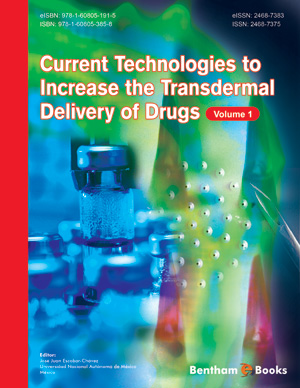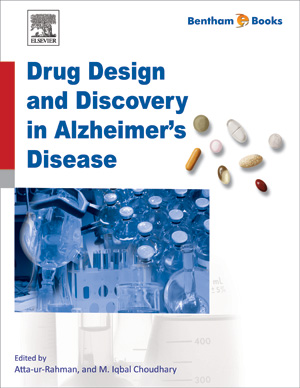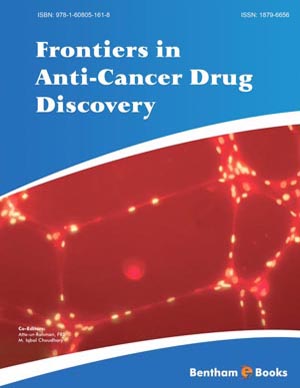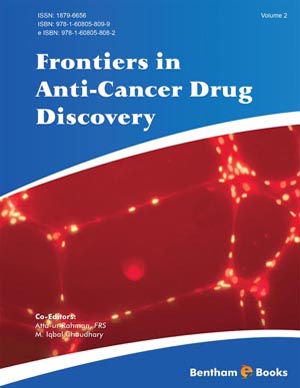Abstract
Tumor vascularization plays an essential role in cancer progression. Tumor vasculature provides oxygen and nutrients to cancer cells and removes waste products which is important for the rapid growth of tumors. Importantly, the tumor associated vessels are also used for tumor cell metastization, in which cancer cells invade distant organs. Therefore, inhibition of angiogenesis constitutes one of the elected targeted approaches for cancer treatment.
The first FDA approved antiangiogenic drug was bevacizumab, an antibody against vascular endothelial growth factor (VEGF) that has been used to treat metastatic tumors. However, despite the initial increase in survival rates, no major benefit in global survival was described and patients ended up relapsing due to acquired resistance. Further, monotherapy with this type of agents is not generally associated with improvement of survival, being antiangiogenic therapy a strategy that is worth pursuing as combination therapy. Thus, the efficacy of angiogenesis inhibitors is still a major challenge.
Several families of naturally occurring compounds have been described as antiangiogenic agents with promising results, such as stilbenes, chalcones, terpenoids, phenylethanoids and others. Due to their remarkable structure variety, plant polyphenols have been extensively studied and found to inhibit angiogenesis and metastasis through the regulation of multiple signaling pathways involved in cancer development. Chromenes and coumarins, such as crolibulin (EPC2407), have already been identified as vascular disrupting agents with promising antiangiogenic properties. The substitution pattern highly influences the activity and mode of action in various types of cancer. Specifically, chromenes are found to regulate the expression of VEGF, matrix metalloproteinases (MMPs) and receptor tyrosine kinases RTKs (e.g. EGFR) signaling pathways.
This chapter focuses on the antiangiogenic properties of chromenes, coumarins and derivatives, highlighting the recent progress in drug development and clinical applications.
Keywords: Angiogenesis, Antiangiogenic agents, Cancer, Chromenes.






















